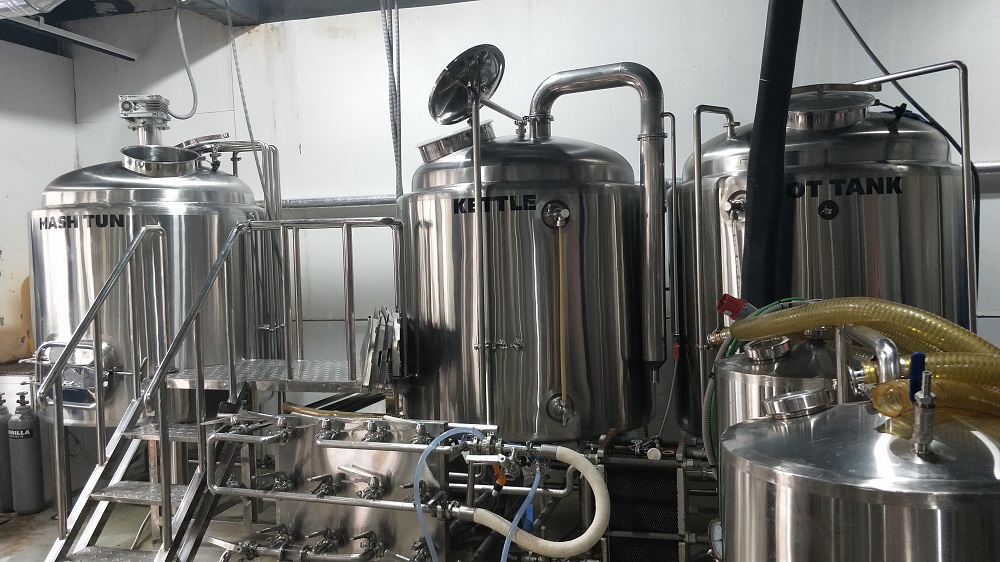
Water treatment is critical in beer brewing as it affects every aspect of the process, from efficiency and safety to the final taste and consistency of the product. Proper water management enhances brewery equipment performance, reduces costs, and ensures compliance with health and environmental regulations. This article explores the roles and advantages of different types of water treatment equipment in the brewing industry.
The Role of Water Treatment in Brewing Efficiency and Safety
Good water conditions are essential for both an efficient production process and a robust safety control system. Effective water treatment can mitigate issues such as scaling and corrosion, ensuring that machinery operates optimally and reducing water waste due to leaks or other deficiencies.
1. Reducing Scaling and Corrosion
Scaling and corrosion significantly impact the efficiency and lifespan of brewing equipment. High-quality water purification minimizes these effects, leading to a longer equipment lifecycle. This reduction in repair costs positively impacts the overall health and safety of business operations.
2. Conserving Water and Reducing Utility Costs
Water is a crucial resource in brewing that must be managed properly to produce high-quality beer and maintain a sanitary environment. Utilizing effective water treatment systems allows breweries to conserve water and reduce utility costs, benefiting both the brewery's financial bottom line and the environment.
3. Ensuring Equipment Longevity
The lifespan of brewing equipment is directly linked to the quality of water used. Proper water treatment ensures that machines operate efficiently and have a longer lifespan, reducing the frequency and cost of repairs or replacements. This enhances both safety and efficiency in the brewing process.
Impact of Water Treatment on Beer Flavor and Consistency
Water is a vital component of beer, significantly affecting its flavor and viscosity. The mineral content of water can dramatically alter the taste of beer, giving it a unique flavor profile. Minerals such as calcium, magnesium, and bicarbonate influence the pH balance and enzyme activity during mashing, which in turn affects the beer's final taste.
Understanding Water Profiles for Craft Beer
Water profiles, including pH, mineral content, hardness, and dissolved solids, vary based on the source, such as local tap water, groundwater, or surface water. Understanding and adjusting these profiles enables brewers to achieve specific beer styles.
Maintaining and Monitoring Water Treatment Systems
Regular maintenance and monitoring are crucial to ensure the delivered water remains pure, directly affecting the quality of the beer. Factors determining maintenance frequency include the type of system used, input source quality, and operational capacity. Generally, bi-annual inspections are recommended for optimal functioning.
Conclusion
Water treatment equipment is indispensable in the brewing process. Effective water management enhances beer flavor and quality, ensures the durability and efficiency of brewery equipment, and helps breweries save costs and improve operations. Knowledge and application of effective water treatment practices are essential for a successful brewing business, impacting everything from taste to environmental sustainability.
Still have a problem on choosing the brewery equipment? We can help with your final decision. If you are looking for a turnkey solution for craft beer brewing system, please contact us. We are looking forward to working with you. Send an email now: [email protected]
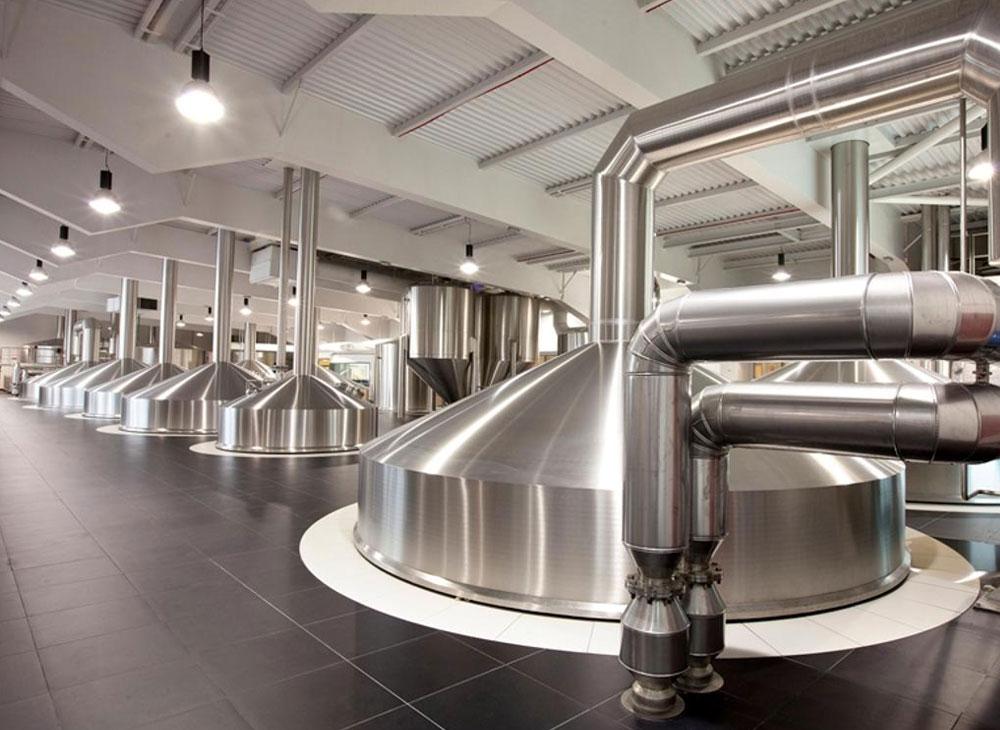
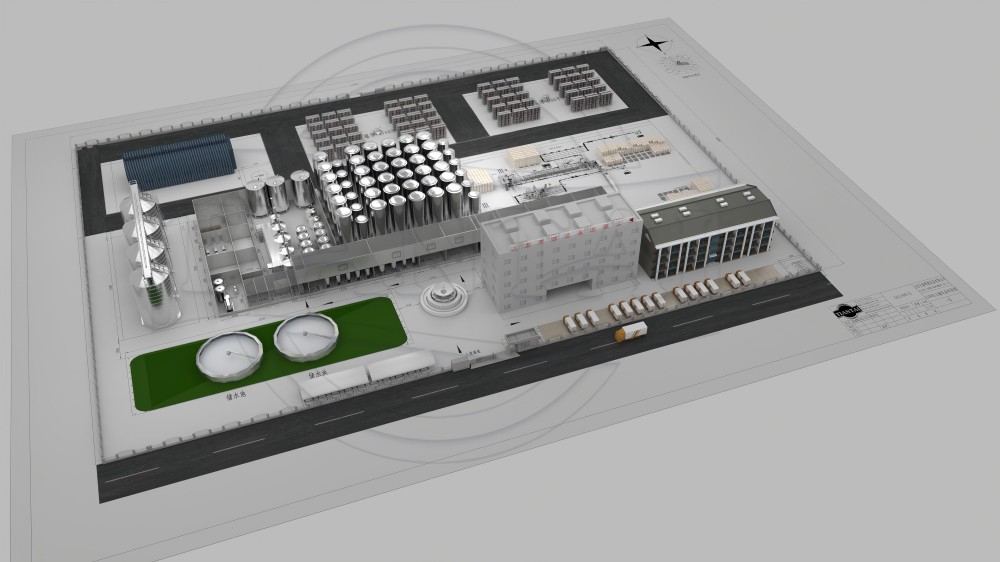
.jpg)
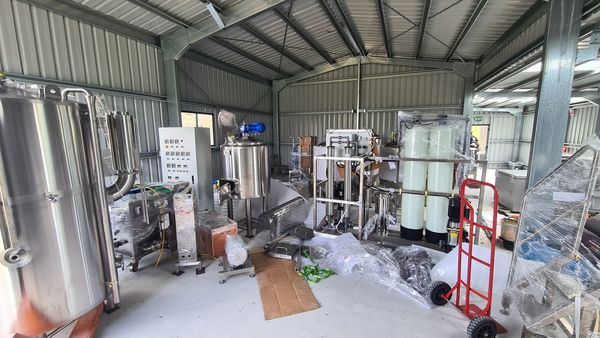
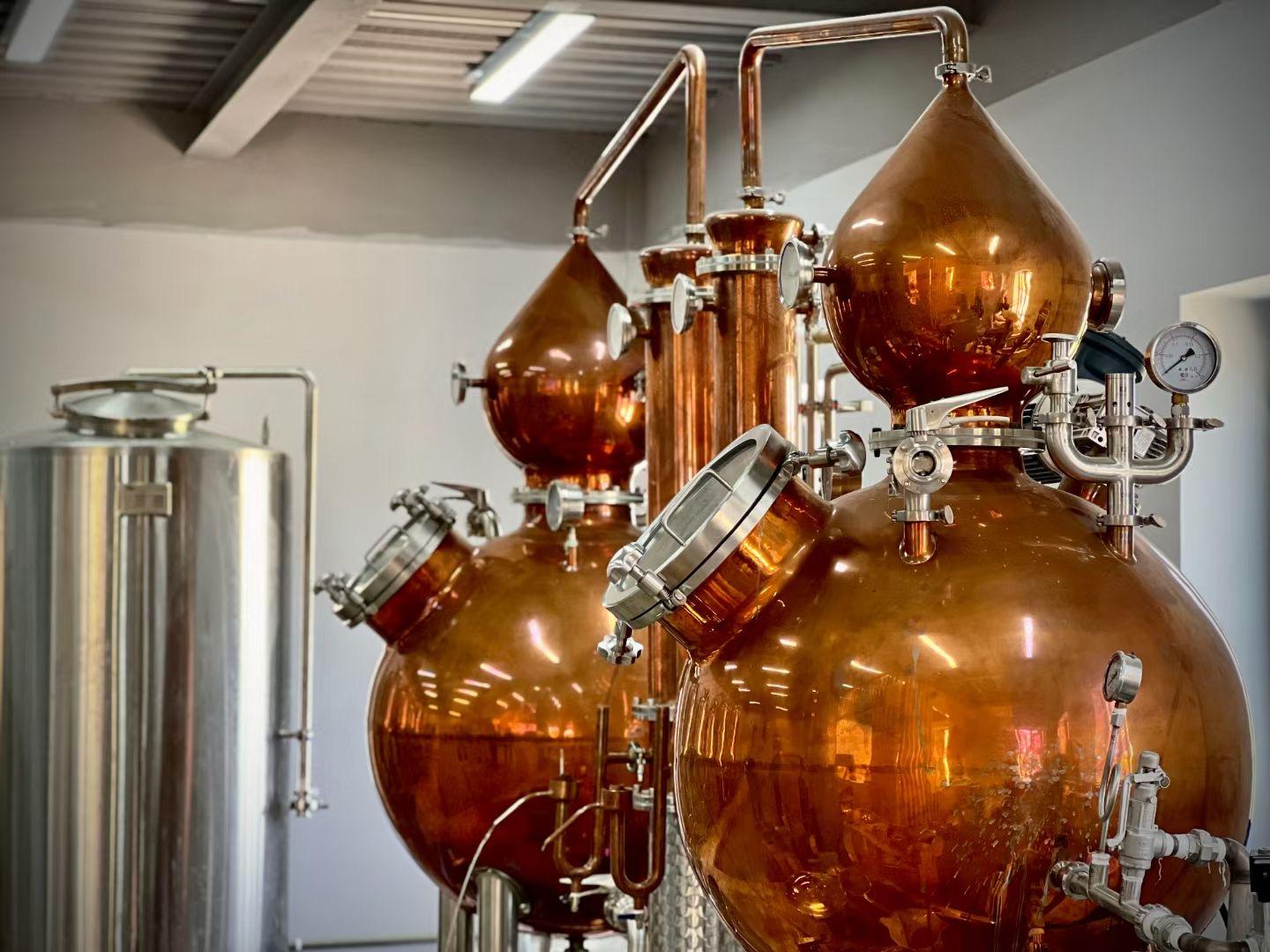
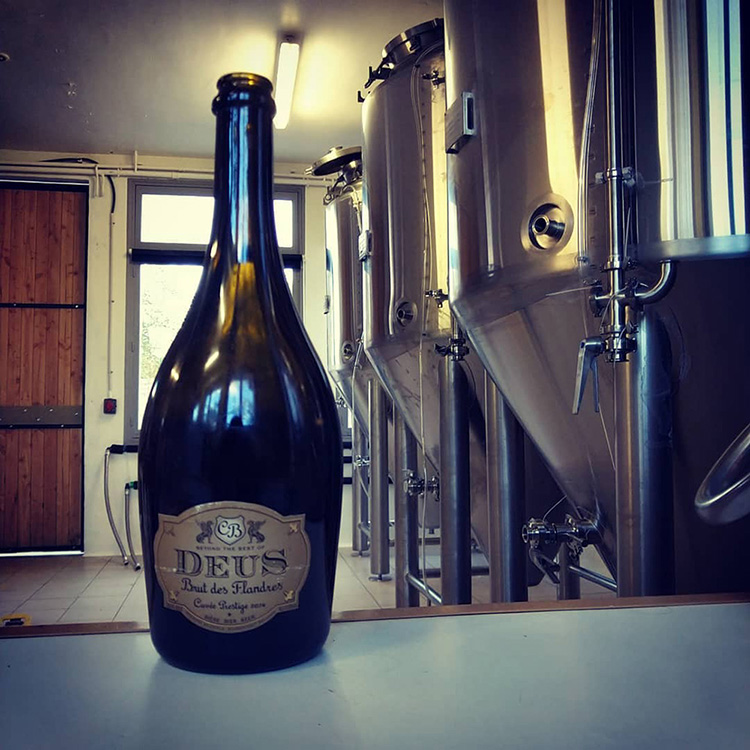
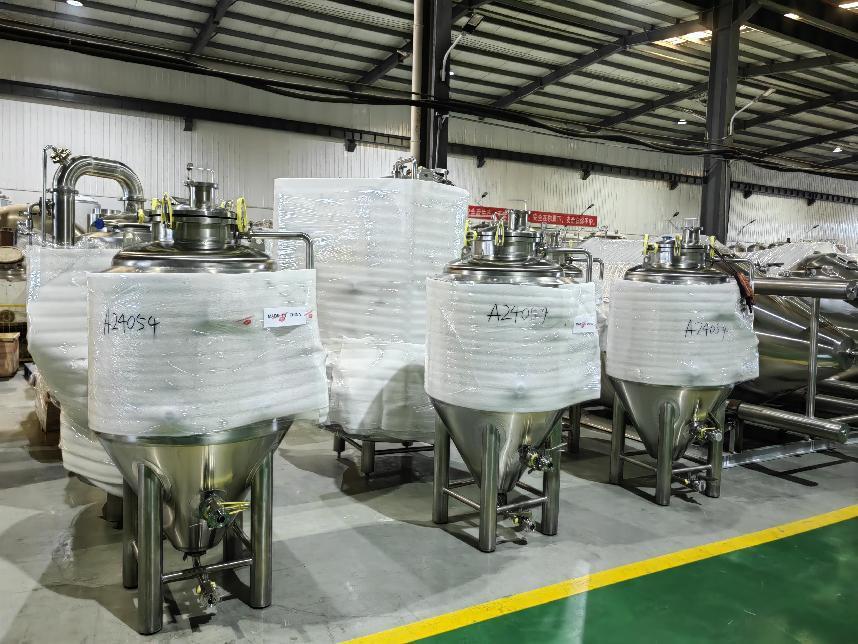
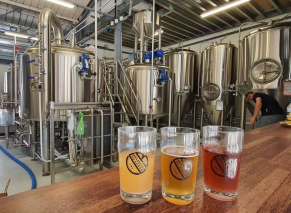
Get A Quote